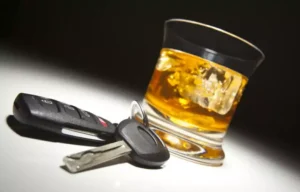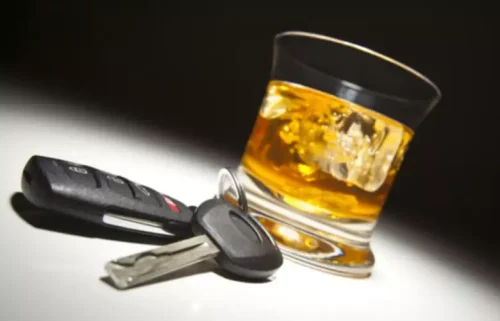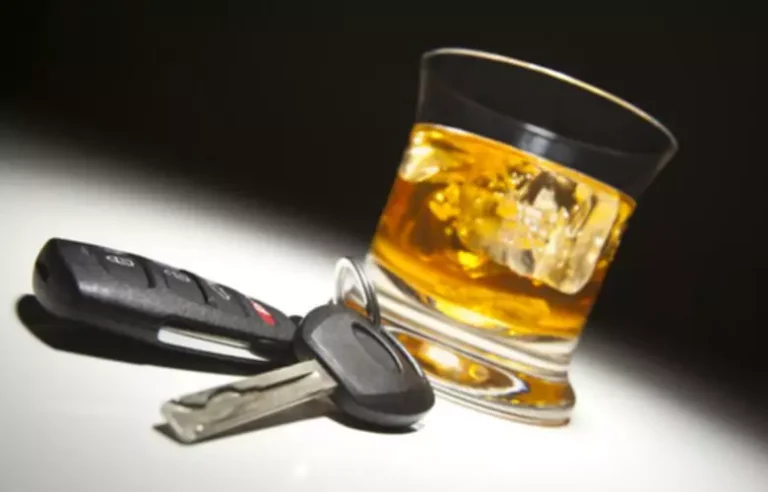Alcohol Sweating: Causes & Management

During hot weather, they may begin to experience nausea and dizziness with dehydration in addition to sweating. It is best that people with alcohol dependency or intolerance speak with a doctor. The first step towards alleviating these symptoms is considering quitting drinking altogether. Your body tries to cool down by producing sweat which is often referred as ‘sweating out’ the consumed alcohol. When it comes to alcohol and sweating, the relationship is far from simple.

Long-Term Risks Associated with Excessive Alcohol Use

People with alcohol intolerance may need to avoid drinking alcohol to stop night sweats from occurring. Some individuals could improve their symptoms by limiting the amount of alcohol they consume. He promptly replied that it’s quite common as it’s an aftereffect of alcohol. When you cease drinking alcohol, the body can react with a range of symptoms known as alcohol withdrawal, including Delirium Tremens – the most severe form. Because an alcohol intolerance can cause skin flushing, people may experience this effect as hot flashes or night sweats. Night sweats can be more than just waking up feeling a bit hot.
Medically-Supervised Detox
- They can help you feel better about your body and the effect of overactive sweat glands.
- Fortunately, there are several practical steps you can take to manage and reduce the severity of these symptoms.
- It’s possible that some chemicals in wine and how the body responds to them could result in a headache after drinking wine.
- As the body struggles to metabolize the compound, it triggers an autonomic response that includes increased body temperature and excessive sweating.
- Chills, where the body experiences sudden cold sensations, can accompany night sweats, adding to the disruptive nature of the experience.
When the core temperature rises, the blood vessels enlarge to allow more blood flow to the surface of the body, thus releasing heat. This also triggers the sweat glands to produce sweat which further decreases body temperature. So, we’ve navigated the stormy seas of alcohol withdrawal and night sweats.
Symptoms

If you’re struggling with alcohol dependency and need assistance, don’t hesitate to reach out for help. Their compassionate team is dedicated to providing the care and tools necessary for lasting recovery. Contact Wellness Retreat Recovery to start your path toward a healthier, sober life. Alcohol intolerance is a condition characterized by an immediate, uncomfortable reaction to alcohol consumption. Unlike alcohol allergy, which is rare and involves the immune system, intolerance generally stems from a genetic inability to metabolize alcohol properly. This section explores the effects of alcohol intolerance and how it contributes to symptoms like night sweats.
- But drinking too much alcohol of any color can still make you feel bad the next morning.
- They often start within 6-12 hours after your last drink and can last up to 4-5 days or longer.
- People who cannot tolerate alcohol must avoid the substance, or otherwise try to find out and avoid what specific substance he is allergic to, such as grapes in wine or yeast in beer.
Some people experience alcohol intolerance, where their bodies have an exaggerated response to alcohol consumption. This condition can lead to various physical reactions such as increased heart rate, nausea, and excessive sweating during sleep. This heightened reaction sweating after drinking often results in night sweats after drinking even small amounts of alcohol.
The Link Between Alcohol and Night Sweats
Treatment involves medications like benzodiazepines to ease symptoms like sweating while monitoring vital signs. Counseling and therapies then address the psychological addiction for lasting recovery. For those with alcohol dependence, sweating often occurs during withdrawal. This not only leads to perspiration but also explains why you feel hot while drinking; however, this is misleading.
Alcohol detox and rehabilitation
While there may be triggers that set off an episode, the triggers are not considered unusual and will not cause symptoms in other people. Your healthcare provider will have the most up-to-date information about the possible side effects of the treatment they offer. Make sure you discuss with your provider the possible side effects before starting treatment.
Treating Alcohol-Related Night Sweats

And acetaminophen (Tylenol, others) may cause serious liver damage if taken with too much alcohol. These give many types of alcoholic beverages their taste and smell. Congeners are found in larger amounts in dark liquors, such as brandy and bourbon, than in clear liquors, such as vodka and gin.

What Is Hyperhidrosis?
- Alcoholic beverages may contain a lot of sugar and this causes a sudden increase in blood sugar levels.
- Alcohol addiction and alcoholism are closely related but have some distinct differences.
- Whether you’re seeking help for yourself or a loved one, our team at Resolute Recovery is ready to guide you through the process and help you find the program that best suits your needs.
- Alcohol impacts the brain and changes body temperature, and one may sweat due to this.
If your body is unable to break down the byproducts of drinking alcohol effectively due to an enzyme deficiency or other factors – voila. If someone who drinks heavily decides to quit abruptly, they may experience acute withdrawal symptoms such as anxiety or depression. Alcohol affects our nervous system in complex ways, leading to symptoms like excessive sweating or “night sweats”. If the excess sweating is due to an underlying medical condition, it’s called secondary hyperhidrosis. The more alcohol you drink daily, the more likely you are to have night sweats.
The liver produces enzymes that break down alcohol so your body can absorb it. Due to the hangover inducing a fight-or-flight response, hot flashes may occur while you are drunk and feeling hungover. It’s clear now why it is such an essential step for those battling with addiction and experiencing symptoms like sweating during nights.
